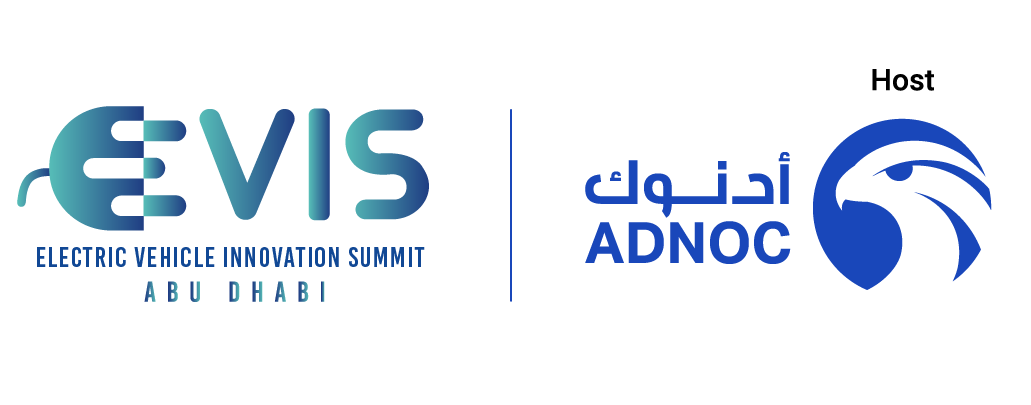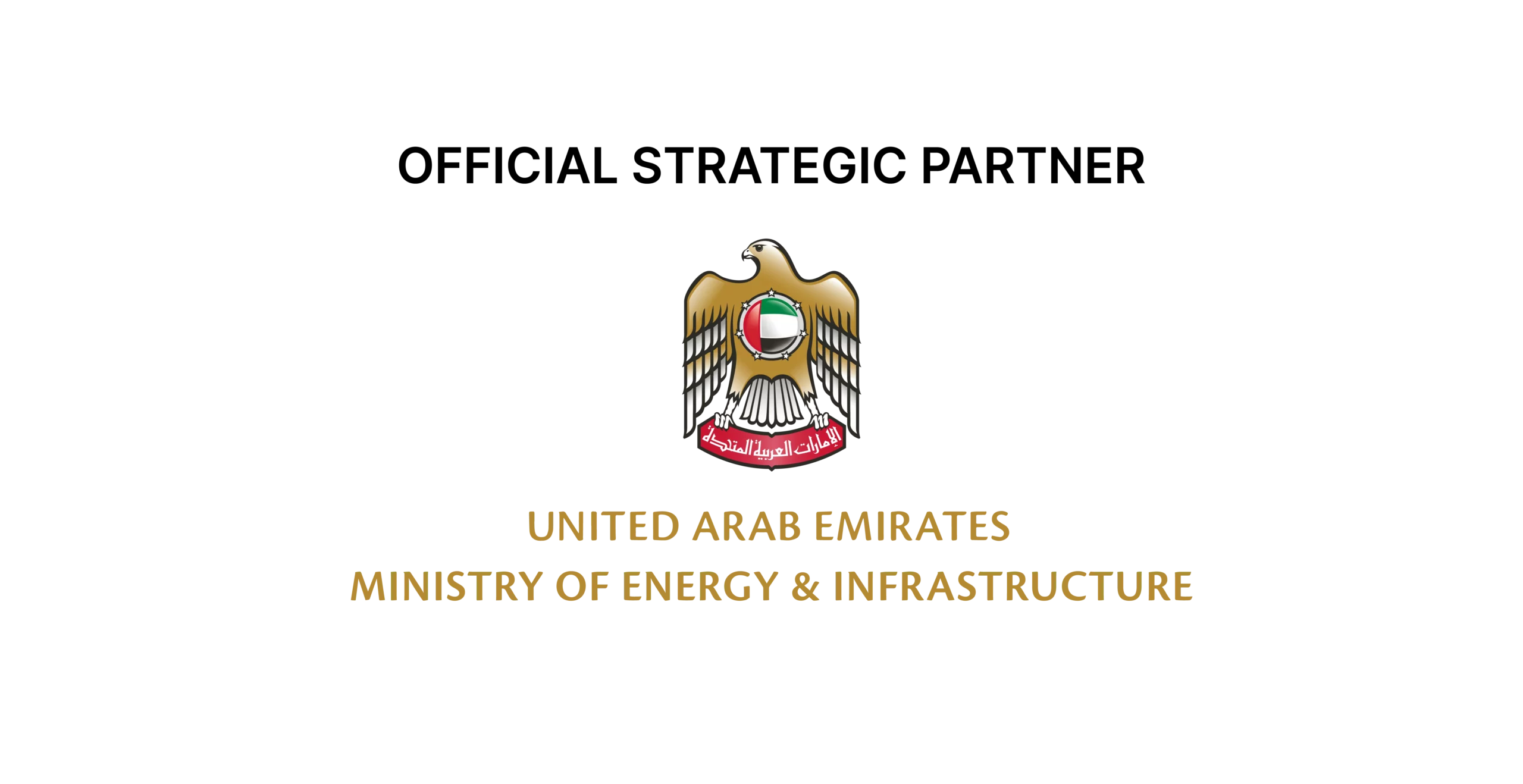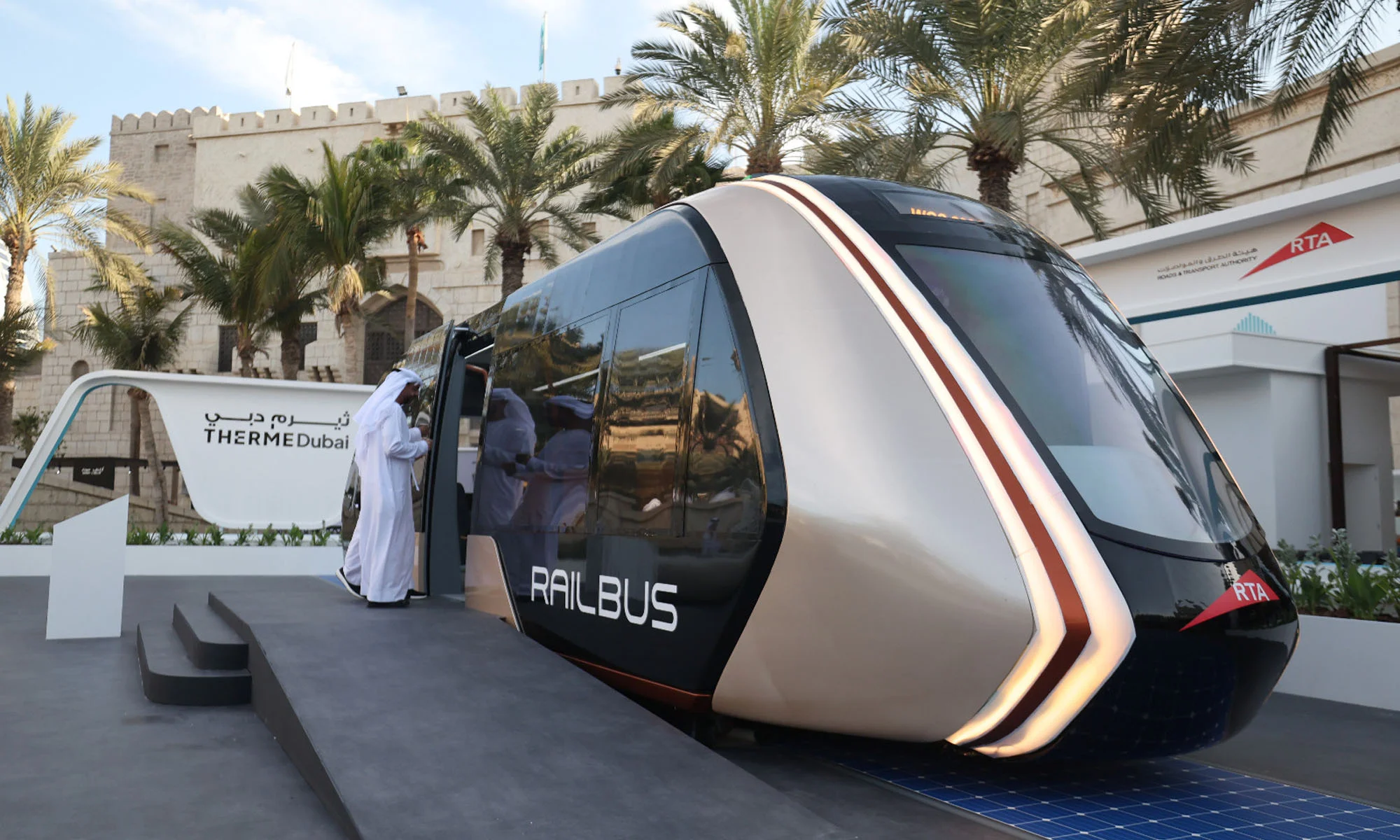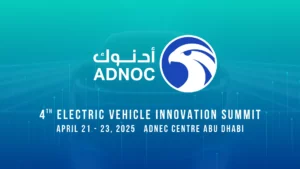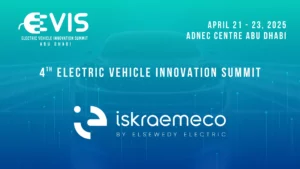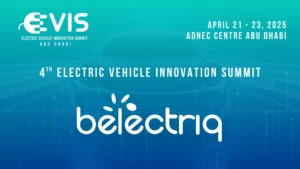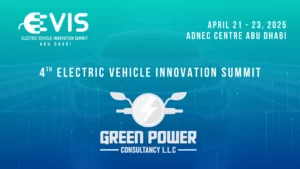Dubai’s ambitious Railbus project is gaining momentum, with technical studies expected to be completed within the next two years. This innovative transport network aims to offer a greener and more cost-effective commuting option, seamlessly integrating with existing infrastructure like the Dubai Metro and Tram.
A Cost-Effective and Eco-Friendly Transport Solution
Abdul Muhsen Ibrahim Kalbat, CEO of the Roads and Transport Authority (RTA), revealed that Railbus construction costs will be significantly lower than traditional metro systems, estimated to be 20-30% cheaper than similar projects worldwide. This initiative aligns with the UAE’s national strategy to achieve zero emissions by 2050.
“The Railbus system will complement our mass transit solutions, integrating with Dubai Metro and Tram while providing efficient connectivity for public transport users in areas near metro stations,” Kalbat stated.
The project will implement a tiered ticketing system, making it an affordable option for commuters by dividing the network into cost-effective zones.
Two Years of Research & Development Before Implementation
According to the RTA, all technical studies and research will conclude within two years. Once completed, the feasibility of implementing the Railbus network will be assessed, determining the best routes and locations for initial testing.
While an official launch date remains undisclosed, RTA Director General Mattar Al Tayer confirmed that after technical evaluations, the next phase will focus on identifying prime locations for pilot operations, ensuring seamless integration with Dubai’s existing transport infrastructure.
Key Features of Dubai’s Railbus
- Compact, Sustainable Design: Capsule-like vehicles measuring 11.5m in length and 2.65m in width, with a top speed of 100 km/h, capable of carrying 40 passengers per trip.
- Solar-Powered Infrastructure: The Railbus will rely on solar energy, with tracks covered by solar panels to enhance sustainability.
- 3D-Printed Construction: Vehicles will be manufactured from recyclable materials using advanced 3D-printing technology.
- Flexible and Accessible: Operating on rails yet maneuverable like a bus, the Railbus will cater to first and last-mile transport needs, especially in residential areas.
Leadership Support and Future Developments
Dubai’s leadership has shown strong support for the Railbus project. At the World Governments Summit in Dubai, Sheikh Mohammed bin Rashid, Vice President and Ruler of Dubai, alongside Sheikh Hamdan bin Mohammed, Crown Prince of Dubai, reviewed the prototype alongside RTA officials.
The Railbus initiative is part of a broader plan to transform Dubai’s public transport landscape, including:
- Expanding Metro & Tram Stations: By 2040, Dubai plans to double the number of metro and tram stations to enhance urban connectivity.
- The Blue Line Project: A new Dh18 billion ($4.9 billion) metro expansion will add 30km of new tracks and 14 additional stations.
- Car-Free Zones: The city is also working towards establishing pedestrian-friendly areas, reducing congestion and promoting a healthier urban environment.
Connection to EVIS Abu Dhabi 2025
The discussion around sustainable mobility will continue at EVIS Abu Dhabi 2025, happening from April 21-23 at ADNEC Centre Abu Dhabi. As the region’s premier event on electric vehicles and sustainability, EVIS AD 2025 will explore cutting-edge technologies like Railbus and their role in shaping the future of transportation. Join industry leaders, policymakers, and innovators as we push forward toward a greener, smarter mobility ecosystem.
Conclusion
The Dubai Railbus project represents a significant step towards sustainable urban transport, offering an innovative, cost-effective, and environmentally friendly solution. With testing set to be completed within two years, Dubai is on track to further enhance its position as a global leader in smart mobility and green transportation.
Stay tuned for more updates on Dubai’s evolving transport ecosystem, and don’t miss EVIS Abu Dhabi 2025 to be part of the conversation on the future of sustainable mobility!
Source: https://www.thenationalnews.com/news/uae/2025/02/11/dubai-railbus-testing

